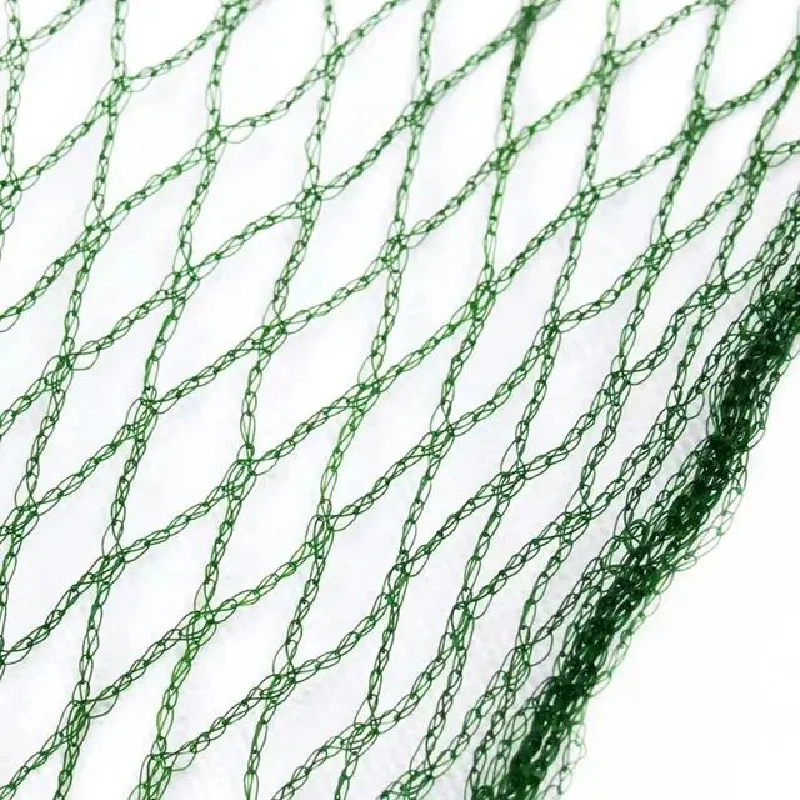-
 Afrikaans
Afrikaans -
 Albanian
Albanian -
 Amharic
Amharic -
 Arabic
Arabic -
 Armenian
Armenian -
 Azerbaijani
Azerbaijani -
 Basque
Basque -
 Belarusian
Belarusian -
 Bengali
Bengali -
 Bosnian
Bosnian -
 Bulgarian
Bulgarian -
 Catalan
Catalan -
 Cebuano
Cebuano -
 China
China -
 Corsican
Corsican -
 Croatian
Croatian -
 Czech
Czech -
 Danish
Danish -
 Dutch
Dutch -
 English
English -
 Esperanto
Esperanto -
 Estonian
Estonian -
 Finnish
Finnish -
 French
French -
 Frisian
Frisian -
 Galician
Galician -
 Georgian
Georgian -
 German
German -
 Greek
Greek -
 Gujarati
Gujarati -
 Haitian Creole
Haitian Creole -
 hausa
hausa -
 hawaiian
hawaiian -
 Hebrew
Hebrew -
 Hindi
Hindi -
 Miao
Miao -
 Hungarian
Hungarian -
 Icelandic
Icelandic -
 igbo
igbo -
 Indonesian
Indonesian -
 irish
irish -
 Italian
Italian -
 Japanese
Japanese -
 Javanese
Javanese -
 Kannada
Kannada -
 kazakh
kazakh -
 Khmer
Khmer -
 Rwandese
Rwandese -
 Korean
Korean -
 Kurdish
Kurdish -
 Kyrgyz
Kyrgyz -
 Lao
Lao -
 Latin
Latin -
 Latvian
Latvian -
 Lithuanian
Lithuanian -
 Luxembourgish
Luxembourgish -
 Macedonian
Macedonian -
 Malgashi
Malgashi -
 Malay
Malay -
 Malayalam
Malayalam -
 Maltese
Maltese -
 Maori
Maori -
 Marathi
Marathi -
 Mongolian
Mongolian -
 Myanmar
Myanmar -
 Nepali
Nepali -
 Norwegian
Norwegian -
 Norwegian
Norwegian -
 Occitan
Occitan -
 Pashto
Pashto -
 Persian
Persian -
 Polish
Polish -
 Portuguese
Portuguese -
 Punjabi
Punjabi -
 Romanian
Romanian -
 Russian
Russian -
 Samoan
Samoan -
 Scottish Gaelic
Scottish Gaelic -
 Serbian
Serbian -
 Sesotho
Sesotho -
 Shona
Shona -
 Sindhi
Sindhi -
 Sinhala
Sinhala -
 Slovak
Slovak -
 Slovenian
Slovenian -
 Somali
Somali -
 Spanish
Spanish -
 Sundanese
Sundanese -
 Swahili
Swahili -
 Swedish
Swedish -
 Tagalog
Tagalog -
 Tajik
Tajik -
 Tamil
Tamil -
 Tatar
Tatar -
 Telugu
Telugu -
 Thai
Thai -
 Turkish
Turkish -
 Turkmen
Turkmen -
 Ukrainian
Ukrainian -
 Urdu
Urdu -
 Uighur
Uighur -
 Uzbek
Uzbek -
 Vietnamese
Vietnamese -
 Welsh
Welsh -
 Bantu
Bantu -
 Yiddish
Yiddish -
 Yoruba
Yoruba -
 Zulu
Zulu
Nylon Mesh Netting for Versatile Applications and Durable Solutions
The Versatility of Nylon Mesh Netting A Practical Solution for Various Applications
Nylon mesh netting has emerged as a vital material in a multitude of industries, demonstrating remarkable versatility and functionality. With its durable construction, resistance to environmental factors, and various applications, nylon mesh netting is a go-to solution for both commercial and personal projects. In this article, we will explore the key features of nylon mesh netting, its wide-ranging applications, and the reasons behind its growing popularity.
What is Nylon Mesh Netting?
Nylon mesh netting is a type of fabric created from nylon fibers, known for their strength and elasticity. It is produced in a variety of weaves, shapes, and densities, making it adaptable to different needs. One of the significant advantages of nylon is its resistance to abrasion and deterioration, which allows it to withstand harsh conditions, making it suitable for both indoor and outdoor usage.
Durability and Resistance
One of the standout features of nylon mesh netting is its exceptional durability. It can endure exposure to UV radiation, moisture, and extreme temperatures without compromising its structural integrity. This resistance to environmental factors makes nylon mesh an ideal choice for applications ranging from gardening and agriculture to construction and industrial settings. Furthermore, nylon's lightweight nature combined with its strength ensures that the netting can support significant weight while remaining easy to handle and install.
Applications of Nylon Mesh Netting
nylon mesh net

1. Agriculture and Horticulture Nylon mesh is widely used in the agricultural sector for crop protection, as it can safely shield plants from pests and harsh weather conditions. Gardeners often use nylon mesh to create plant cages or trellises, allowing their plants to grow vertically while protecting them from birds and insects.
2. Fishery and Aquaculture The fishing industry utilizes nylon mesh netting for various purposes, including fish farming and as a protective barrier to prevent the escape of valuable fish species. The mesh allows for proper water circulation and light penetration, contributing to a sustainable aquatic environment.
3. Construction and Safety In construction, nylon mesh netting is utilized as a safety barrier to protect workers from falling debris. It is also employed in scaffolding and as a safety netting solution for elevating platforms. The strength of nylon ensures that it can withstand significant stress and provide reliable safety for construction sites.
4. Sports and Recreation Nylon mesh is commonly found in sports equipment, such as soccer goals, tennis nets, and as backstops for various ball sports. Its durability and resistance to wear make it an ideal choice for projects that must endure continuous use and exposure to the elements.
5. Home and Lifestyle Beyond industrial applications, nylon mesh netting is increasingly used in home projects. It can serve as a decorative element in landscaping, creating visually appealing garden structures or privacy screens. Additionally, it is often used in pet enclosures, ensuring the safety of pets while providing adequate airflow and visibility.
Conclusion
Nylon mesh netting stands out as an incredibly versatile and durable material, adaptable to countless applications across various sectors. Its strength, lightweight, and resistance to environmental factors make it suitable for agriculture, construction, aquaculture, sports, and home improvement projects, among others. As industries continue to seek effective solutions that meet both functional and aesthetic demands, the popularity of nylon mesh netting is likely to grow further. Whether you are a professional in the field or a DIY enthusiast, incorporating nylon mesh netting into your projects can provide the durability and reliability needed to achieve success.
-
Shipping Plastic Bags for Every NeedNewsJul.24,2025
-
Safety Netting: Your Shield in ConstructionNewsJul.24,2025
-
Plastic Mesh Netting for Everyday UseNewsJul.24,2025
-
Nylon Netting for Every UseNewsJul.24,2025
-
Mesh Breeder Box for Fish TanksNewsJul.24,2025
-
Expanded Steel Mesh Offers Durable VersatilityNewsJul.24,2025











